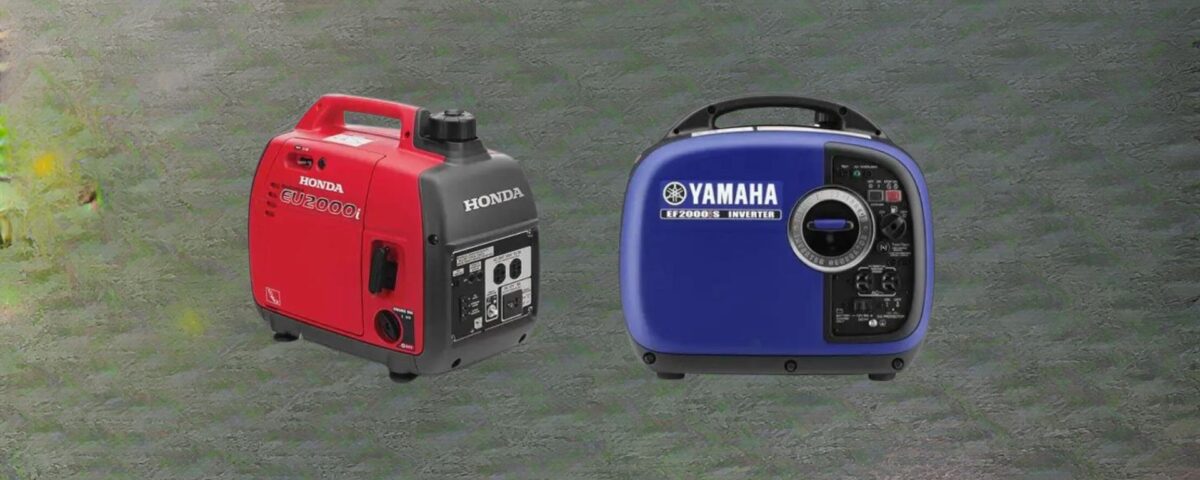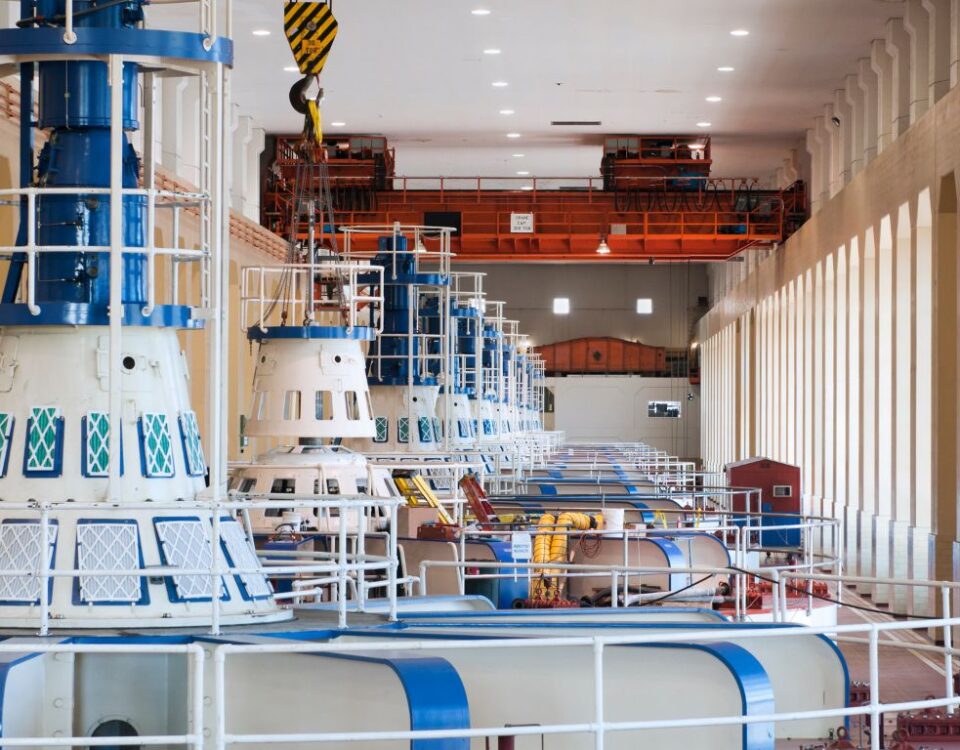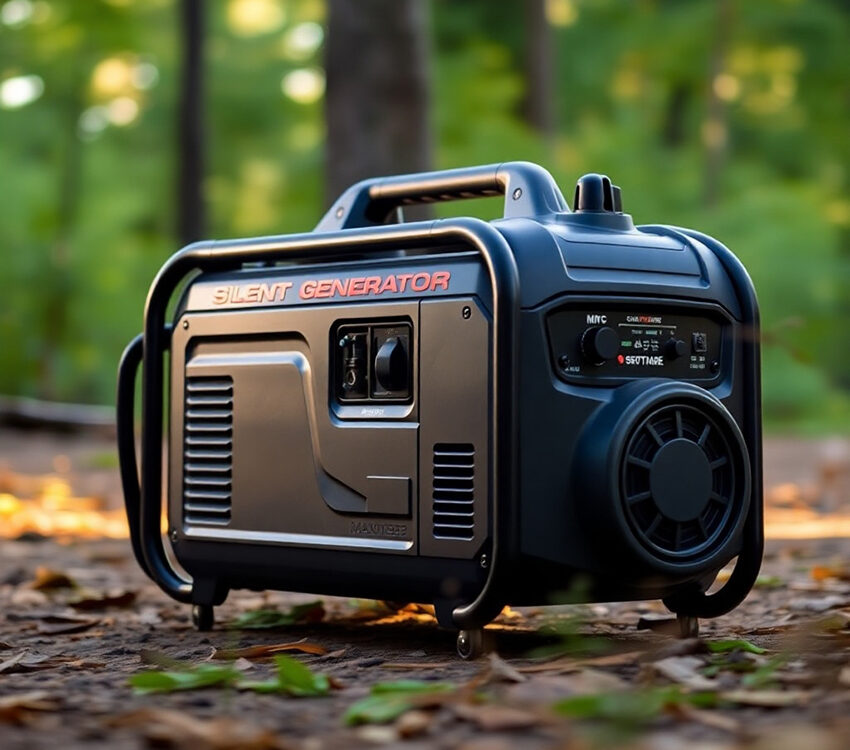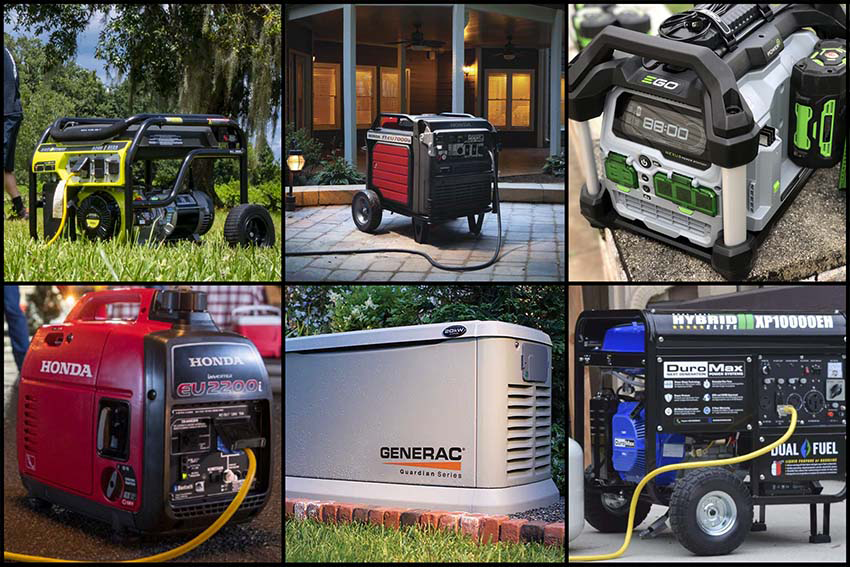
The debate between Honda and Yamaha generators holds center stage in portable power, offering consumers a pivotal choice for reliable and efficient solutions. In this in-depth comparison, presented by Generator Flow, we journeyed through the nuances of Honda and Yamaha generators, exploring their key features, performance metrics, and overall value proposition. From the perennial discourse on “Honda vs. Yamaha generator, which is better?” to nuanced considerations of Honda generators and Yamaha portable generators, this guide aims to provide a well-rounded perspective for an informed decision.
Best Generator Overviews
Explore each product in detail and make a purchase through clicking the following generator?
01. Honda Generators
02. Yamaha Generators
03. Dual fuel Generators
04. Solar generator
Ensure a reliable and efficient power source for your adventures or emergency preparedness by choosing the generator that aligns with your unique requirements. Happy powering!
I. Reputation and Legacy
Honda and Yamaha, titans in the power equipment industry, consistently spark debates around the “Honda vs Yamaha generator” dilemma. Renowned for precision engineering and a legacy of innovation, Honda has garnered trust across various product categories. Yamaha, a force in motorsports, extends its prowess to generators, promising advanced technology and unwavering durability. The reputation of these brands plays a pivotal role in attracting consumers seeking trustworthy power solutions.
II. Power and Performance
Honda Generators
Setting the benchmark high, Honda’s EU2200i and the larger EU7000iS excel in the generator arena. The EU2200i, often central to discussions on “Honda vs Yamaha generator reliability,” is an inverter generator applauded for its quiet operation and clean power output, making it an ideal choice for recreational activities. For those with higher power demands, the EU7000iS boasts an electric start, fuel injection system, and a robust runtime, catering to many applications.
Yamaha Generators
Yamaha’s lineup, featuring the EF2000iSv2 and the robust EF6300iSDE, competes admirably with Honda. The EF2000iSv2, a key player in conversations about “Yamaha vs. Honda small engine,” stands out as a compact inverter generator celebrated for its clean power delivery and quiet operation, making it perfect for camping and tailgating. The EF6300iSDE, a workhorse with an electric start and dual-voltage capability, provides a potent solution for residential and commercial power needs.
III. Portability and Design
Honda Generators
Honda’s EU2200i and EU7000iS are designed with user convenience in mind, with a focus on mobility. Often brought up in “Honda vs. Yamaha generator vs. Honda generator” discussions, the EU2200i weighs little over 46 pounds and has an easy-to-use control panel and design. Even though the EU7000iS is heavier, users can still easily carry this powerful device because of its folding handle and wheel kit.
Yamaha Generators
Yamaha generators, including the EF2000iSv2 and the EF6300iSDE, also emphasize portability. The EF2000iSv2, a significant player in “Yamaha vs. Honda pressure washer” discussions, boasts a compact design and central handle, facilitating easy transportation. The EF6300iSDE, despite its power, features a wheel kit and sturdy handles, showcasing Yamaha’s commitment to user-friendly designs.
IV. Noise Levels
Honda Generators
Renowned for their silent operation, Honda generators, such as the EU2200i, excel in settings where noise pollution is a concern. Operating at noise levels as low as 48 dB, the EU2200i ensures users enjoy a quiet and peaceful experience. Even the larger EU7000iS, with increased power, incorporates noise-reducing technologies to maintain a reasonable noise level for its class.
Yamaha Generators
Yamaha generators, known for their attempts to reduce noise, provide a comparable benefit. A popular topic in “Yamaha generators vs. Honda” debates, the EF2000iSv2 runs at a low decibel level of about 51.5 dB, making it ideal for people who value a peaceful outdoor experience. With its sound-dampening technology, the EF6300iSDE improves user experience by finding a careful balance between power and lower noise levels.
V. Fuel Efficiency
Honda Generators
Fuel efficiency is a hallmark of Honda generators, evident in models like the EU2200i and the EU7000iS. The EU2200i, frequently part of discussions around “Honda vs. Yamaha inverter generator for RV,” boasts an Eco-Throttle system and advanced inverter technology, delivering an impressive runtime of up to 8.1 hours. The larger EU7000iS, equipped with a fuel injection system and Eco-Throttle, maintains excellent fuel efficiency, providing users with prolonged runtimes.
Yamaha Generators
Yamaha generators, including the EF2000iSv2 and the EF6300iSDE, excel in fuel efficiency. The EF2000iSv2’s Smart Throttle feature optimizes fuel consumption, resulting in a runtime of approximately 10.5 hours at a quarter-load, positioning it as a top choice in the “Yamaha portable generator” category. The EF6300iSDE, with Smart Throttle technology, seamlessly combines power with fuel efficiency, ensuring extended runtimes for various applications.
VI. Price and Value
In the Honda vs Yamaha generator debate, pricing is a pivotal factor for many consumers. While Honda generators are often positioned as premium options, justifying their cost with top-tier reliability and advanced features, models like the EU2200i and the EU7000iS cater to users willing to invest in quality portable power solutions. On the other hand, though also in the premium segment, Yamaha generators may offer a more budget-friendly alternative without compromising performance. The EF2000iSv2 and the EF6300iSDE balance cost and features, appealing to users seeking value for their investment.
Conclusion:
As we wrap up this comprehensive guide to the Honda vs Yamaha generator showdown, it’s evident that both brands offer compelling options for consumers seeking portable power solutions. Whether you prioritize the reliable and fuel-efficient generators from Honda or the technologically advanced and mobile models from Yamaha, the choice ultimately depends on individual preferences, needs, and budget constraints.
From the timeless debate of “Honda vs. Yamaha generator which is better” to considerations of “Yamaha generators vs. Honda,” the market continues to evolve, offering a dynamic range of options. Both Honda and Yamaha generators stand ready to meet your power needs, whether you prioritize quiet operation, portability, fuel efficiency, or a combination of these factors.
The power play between Honda and Yamaha ensures that portable generators remain at the forefront of innovation, providing users with reliable and efficient solutions for various applications. As you navigate this dynamic landscape of choice, Generator Flow is your ally, guiding you through the currents and ensuring your portable power solution aligns seamlessly with your unique requirements. Your journey to empowered decision-making begins now.





